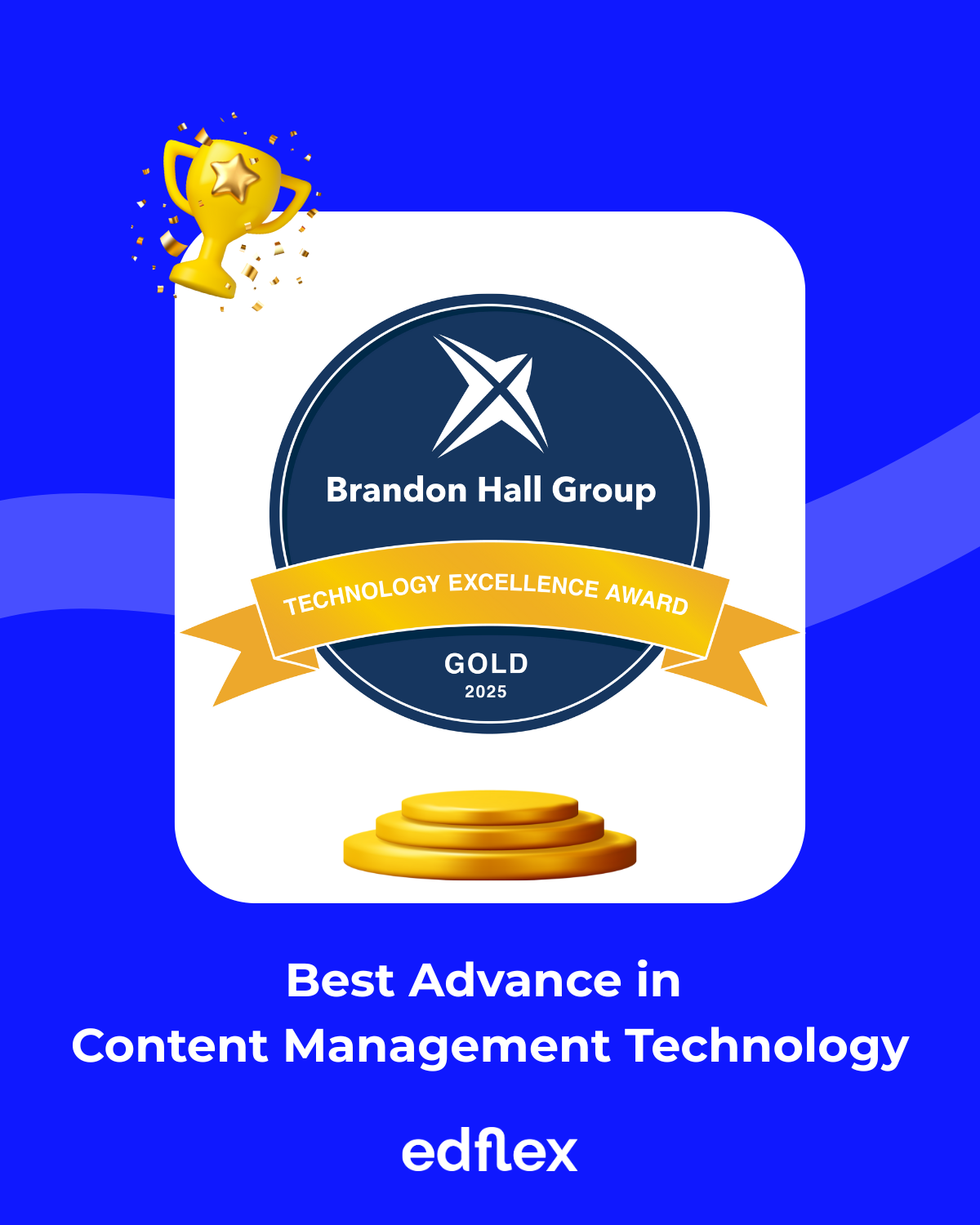Accounting in the Age of Intelligence: Preparing for the Skills Revolution
The accounting profession has always been built on precision, trust, and an eye for detail. But as artificial intelligence (AI), automation, and advanced analytics reshape how financial data is processed, the role of accountants is undergoing one of the most significant transformations in its history.
We’ve entered the Age of Intelligence, where technology handles repetitive tasks at lightning speed, and human expertise is called on for higher-level judgment, strategy, and innovation. The question is no longer if accounting will change, but how professionals can prepare for what’s next.
From Number Crunching to Strategic Advising
Automation is taking over traditional accounting tasks like bookkeeping, reconciliations, and even basic tax preparation. What once took hours of manual entry can now be completed instantly by AI-driven platforms.
However, we are far from replacing accountants, as this shift is creating new opportunities. Instead of being defined as “number crunchers,” accountants are positioned as strategic business partners to offer insights, interpret data, and guide decision-making at the highest levels.
This evolution requires a new skillset that blends technical literacy with unique human abilities.
The Future Skillset: What Will Matter Most
As the accounting profession steps into this new era, here are the skills that will define tomorrow’s leaders:
- Data Literacy & Analytics
Understand and analyze large data sets, extract meaning, and tell a story with insights. - Digital Fluency
Comfort with AI-driven tools, cloud platforms, and automation to stay competitive. - Critical Thinking & Problem-Solving
Focus on complex decision-making that requires nuance, judgment, and creativity. - Ethics & Governance
AI introduces new risks around transparency and bias. Accountants will play a pivotal role to ensure ethical and compliant use of financial data. - Communication & Collaboration
Translate financial insights into strategic recommendations for leaders across the organization.
Continuous Learning: The Bridge to the Future
The challenge? These skills must be developed and updated continuously to keep up with evolving regulations, technology, and client expectations.
That’s why forward-thinking accounting firms and finance departments are investing in building continuous learning cultures.
Accounting firms need access to flexible, curated learning from world-class providers that’s available in multiple formats, levels, and languages so that everylearner can develop skills at their own pace, in their own way, whenever they need it. The key is creating an environment where access is simple, engagement feels natural, and learning sparks genuine excitement for growth.
Preparing for the Skills Revolution
Accounting is at the forefront of a skills revolution. The profession is no longer defined by what tasks accountants complete, but by the value they create in guiding businesses through uncertainty and transformation.
The winners in this new era won’t be the firms with the fastest software, but those with a culture centered around continuous innovation and learning.
Now is the time for accounting leaders to ask:
- Are our teams prepared for the shift?
- Do we have a learning strategy that equips them with both technical and human skills?
- How can we build a culture of continuous growth to thrive in the Age of Intelligence?
Remember, it’s the skills behind the numbers that will matter most.
How To Identify Skill Levels and Target the Right Training



















